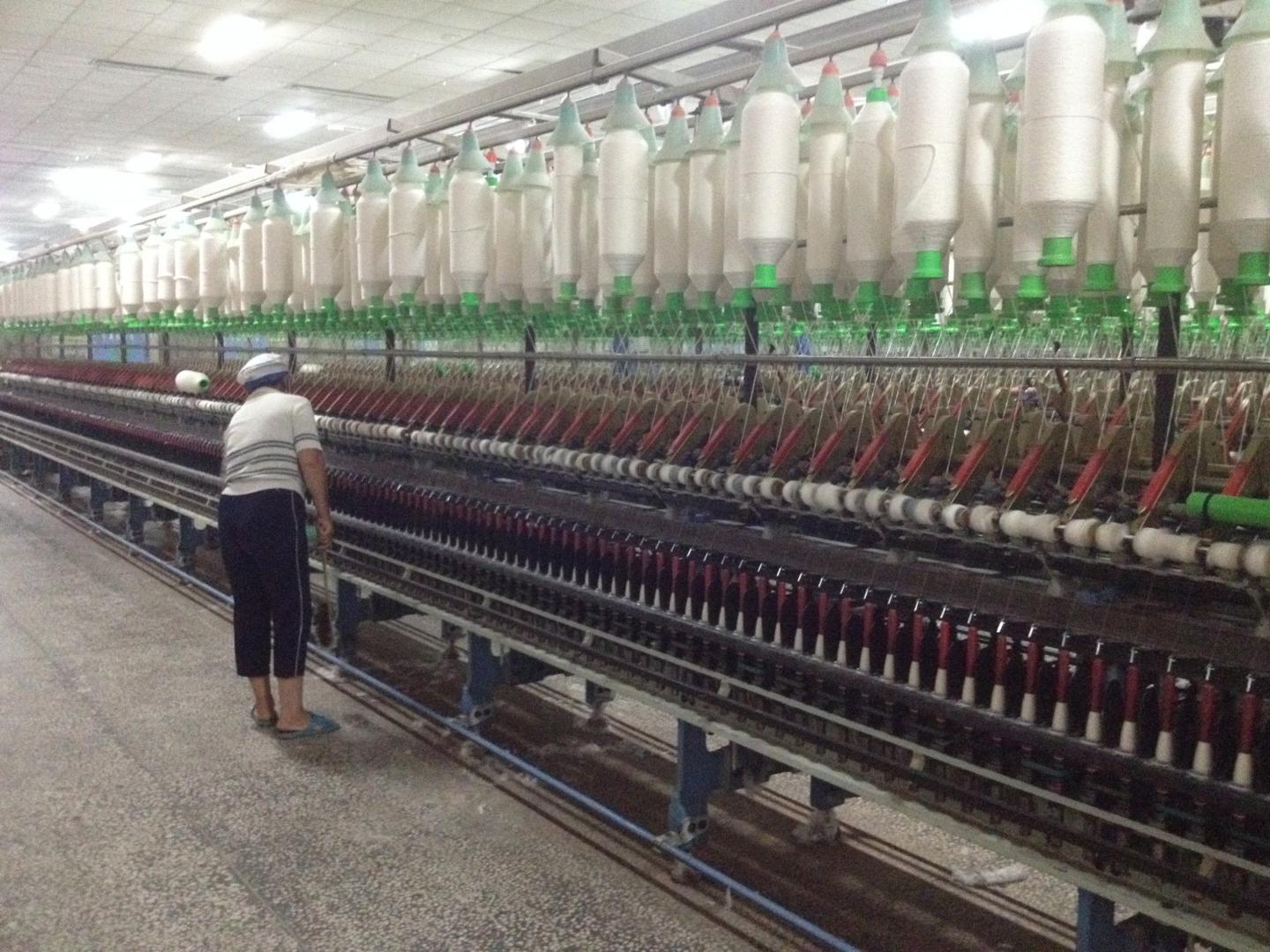Prolonged exposure to pollutant particles was shown to reduce the output of workers in China

Credit: National University of Singapore
Economists from the National University of Singapore (NUS) have completed an extensive study which reveals that exposure to air pollution over several weeks is not just unhealthy, it can also reduce employee productivity.
Associate Professor Alberto Salvo from the Department of Economics at the NUS Faculty of Arts and Social Sciences and an author of the study, explained, “Most of us are familiar with the negative impact air pollution can have on health, but as economists, we wanted to look for other socioeconomic outcomes. Our aim with this research was to broaden the understanding of air pollution in ways that have not been explored. We typically think that firms benefit from lax pollution regulations, by saving on emission control equipment and the like; here we document an adverse effect on the productivity of their work force.”
The results of this study were published in the American Economic Journal: Applied Economics on 3 January 2019.
The link between air pollution and productivity
The NUS team, including Associate Professor Haoming Liu and Dr Jiaxiu He, spent over a year gathering information from factories in China. This involved interviewing managers at one dozen firms in four separate provinces, before obtaining access to data for two factories, one in Henan and the other in Jiangsu.
The factories were textile mills, and workers were paid according to each piece of fabric they made. This meant that daily records of productivity for specific workers on particular shifts could be examined. Hence, the researchers compared how many pieces each worker produced each day to measures of the concentration of particulate matter that the worker was exposed to over time.
A standard way of determining the severity of pollution is to measure how many fine particles less than 2.5 micrometres in diameter (PM2.5) are in the air. The majority of people living in developing countries are exposed to particle concentrations that health authorities deem harmful. At the two factory locations, pollution levels varied significantly from day to day, and overall they were consistently high. At one location, PM2.5 levels averaged about seven times the safe limit set by the US Environmental Protection Agency, at 85 micrograms per cubic metre.
Interestingly, unlike previous literature, the team found that daily fluctuations in pollution did not immediately affect the productivity of workers. However, when they measured for more prolonged exposures of up to 30 days, a definite drop in output can be seen. The study was careful to control for confounding factors such as regional economic activity.
“We found that an increase in PM2.5, by 10 micrograms per cubic metre sustained over 25 days, reduces daily output by 1 per cent, harming firms and workers,” says Associate Professor Liu. “The effects are subtle but highly significant.”
The researchers remain agnostic about the reasons that explain why productivity goes down when pollution goes up. “High levels of particles are visible and might affect an individual’s well-being in a multitude of ways,” explained Assoc Prof Liu. “Besides entering via the lungs and into the bloodstream, there could also be a psychological element. Working in a highly polluted setting for long periods of time could affect your mood or disposition to work.”
First-of-its-kind study examining prolonged exposure to air pollution
Research on how living and working in such a polluted atmosphere affects productivity is very limited, partly due to worker output being difficult to quantify. One previous study that focused on workers packing fruit in California found a large and immediate effect from exposure to ambient PM2.5, namely that when levels rise by 10 micrograms per cubic metre, workers become 6 per cent less productive on the same day.
That study’s estimate appears large for a developing country. “Labourers in China can be working under far worse daily conditions while maintaining levels of productivity that look comparable to clean air days. If the effect were this pronounced and this immediate, we think that factory and office managers would take more notice of pollution than transpired in our field interviews. Therefore, our finding that pollution has a subtle influence on productivity seems realistic,” Assoc Prof Liu added.
All the data collected in the NUS study are being made open access to serve as a resource for other researchers to accelerate progress in this topic. “This was a key criterion for inclusion in our study,” Assoc Prof Salvo added. “We wanted to share all the information we gathered so that other researchers may use it as well, hopefully adding to this literature’s long-run credibility. We saw no reason why data on anonymous workers at a fragmented industry could not be shared.”
###
Media Contact
Carolyn Fong
[email protected]
65-651-65399
Original Source
https:/
Related Journal Article
http://dx.




